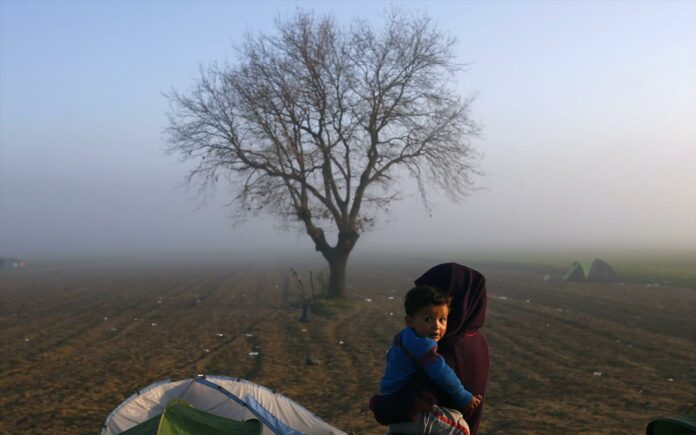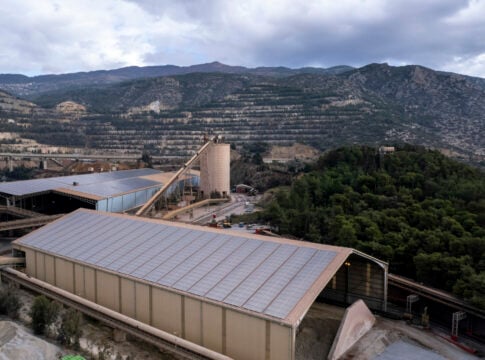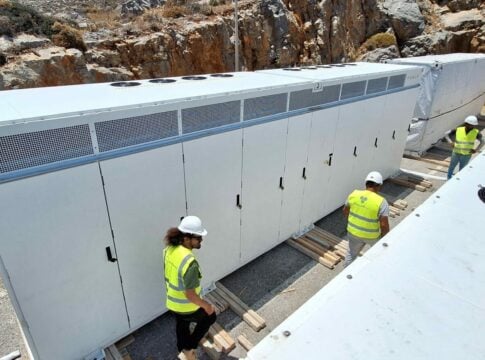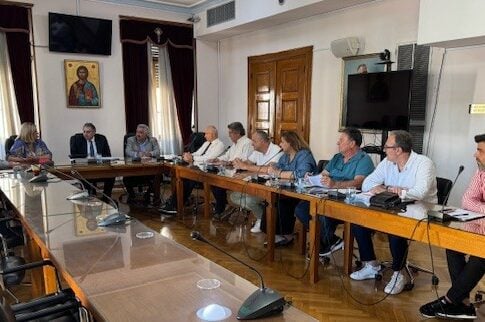By Dimitris Hatzinikolas
Wednesday’s evening clash between groups of Syrian and Afghan men being temporarily hosted at a pair of terminals in the port of Piraeus, as well as the continuing presence of a makeshift refugee camp on Greece’s northern border post of Idomeni, has sounded “alarm bells” for the leftist Greek government.
Greek authorities claim that an ongoing “rumor mill”, active on the Internet, in refugee camps and even among some NGOs, is continuing to circulate reports of “open borders” on the frontier with the former Yugoslav Republic of Macedonia (fYRoM) as well as “new” migrant “routes” towards western Europe via Albania and Italy.
A draft amendment will be tabled in Parliament on Thursday to urgently change the designation – which Greek bureaucracy officially employs – of Turkey into a “safe third country” for legitimate war refugees. Moreover, shades of opposition have even propped up within ruling SYRIZA party’s Parliamentary group, with the so-called “53+” bloc of deputies expressing reservations about the actual EU-Turkey agreement that was signed this month.
The latest “headache” for the government is how to deal with third country nationals that refuse to be transported to organized shelters, as well as how to treat suspects arrested as the perpetrators of violent incidents in refugee camps.
The “key” to dealing effectively with the crisis and preventing new waves of refugees haphazardly landing on Greek territory, by most accounts, is the full implementation of the EU-Turkey agreement, which would send a clear message to war refugees – as well as trafficking rings – that the only way to reach the EU is the legal route, meaning relocation from within Turkey.














